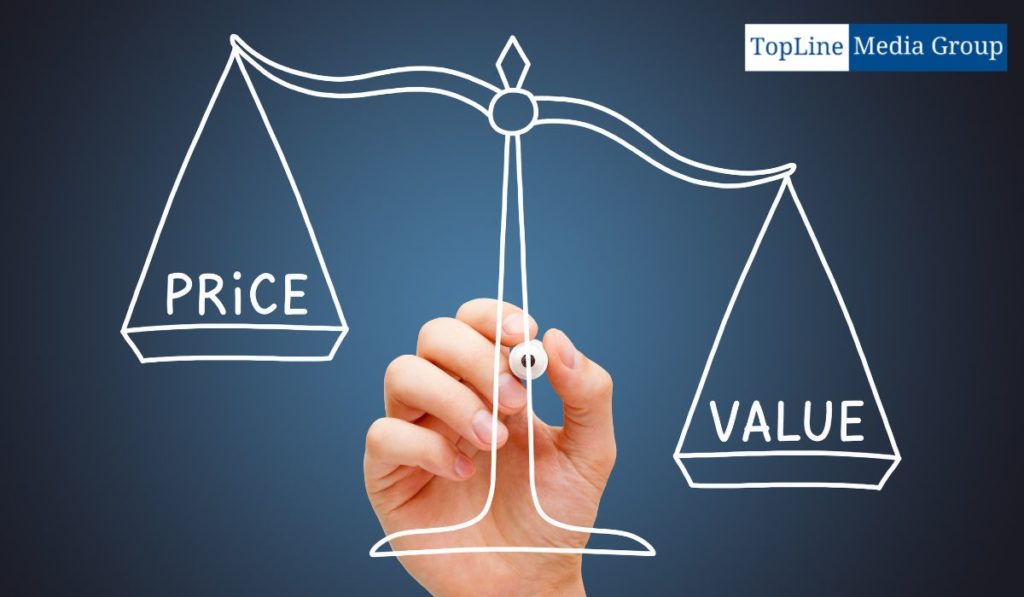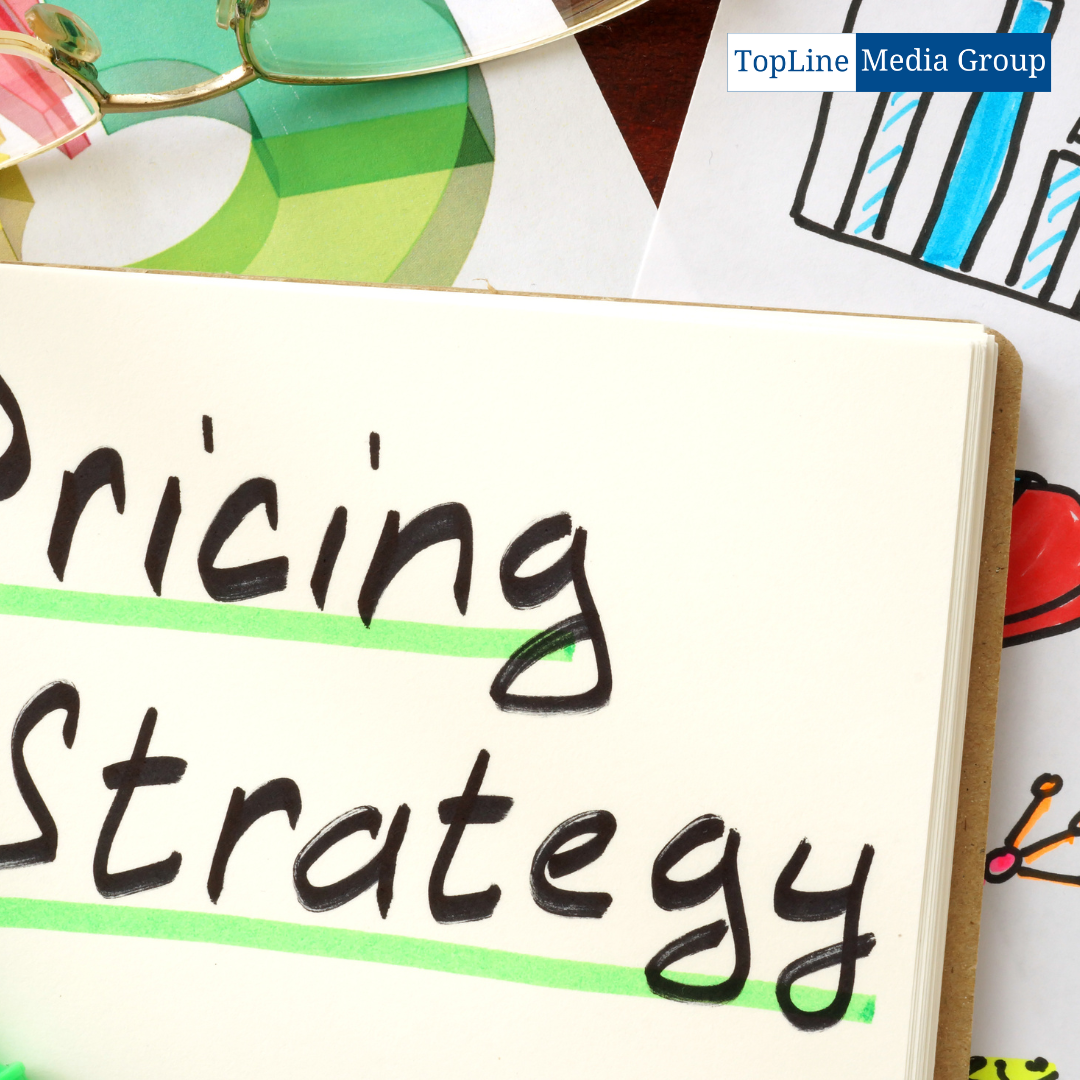Understanding the psychology behind pricing is crucial for optimizing conversion rates. By employing strategic pricing techniques, companies can influence consumer behavior and increase their chances of conversions. This article will explore various psychological strategies that can help maximize conversions and conversion value.
What Is Pricing Psychology?
Pricing psychology refers to the study of how consumers perceive and respond to different pricing strategies. It explores the emotional and cognitive factors that influence purchasing decisions. Businesses can create a territory that encourages customers to buy by utilizing pricing psychology.
Benefits Of Pricing Psychology
Implementing pricing psychology techniques offers several benefits to businesses:
- Higher Conversion Rates: Companies can tailor their pricing strategies to increase conversion rates by understanding consumer behavior and preferences.
- Increased Conversion Value: Effective pricing psychology can boost conversion rates and lead to higher-value conversions, resulting in increased revenue and profitability.
- Competitive Advantage: Psychological pricing strategies can set businesses apart and attract customers.
Psychological Strategies to Maximize Conversions
 Consider 2 Price Points
Consider 2 Price Points
Presenting customers with two price options can influence their perception of value. By offering a higher-priced opportunity alongside a standard one, businesses can make the standard option appear more appealing. This technique, known as “decoy pricing,” nudges customers toward the desired conversion.
Remove the Symbol Representing a Currency
Removing currency symbols from prices can help mitigate price resistance and encourage customers to focus on the product or service’s value instead. It creates a perception of affordability and can positively impact conversion rates.
Offer Discounted Products With The Word “Sale”
Incorporating the word “sale” when offering discounted products triggers a sense of urgency and excitement. Customers are more likely to perceive the products as a limited-time opportunity, leading to increased conversions.
Display Prices with a Smaller Font Size
Reducing the font size of prices makes them appear smaller and less prominent. This technique can reduce the perceived magnitude of the cost, making it more palatable to customers and increasing the likelihood of conversions.
Provide Similar Products at Different Prices
Offering multiple product options at various prices allows customers to choose based on their budget and desired features. This strategy caters to a broader range of customers, maximizing the chances of conversions.
Increase Conversions with Social Proof
Leveraging social proof, such as customer testimonials, reviews, and endorsements, can significantly impact conversion rates. Customers who see others’ positive experiences with a product or service are more likely to trust the brand and convert.
FAQs
How can the use of social proof influence pricing and increase conversion rates?
Social proof is a powerful tool influencing pricing and boosting conversion rates. When potential customers see positive testimonials, reviews, or endorsements from others, they are more likely to trust the brand and perceive the product or service’s value. This increased trust can reduce resistance to pricing and lead to higher conversion rates.
What are some common pricing mistakes to avoid when trying to maximize conversions?
Some common pricing mistakes to avoid include:
- Overpricing: Setting prices too high can deter potential customers and result in missed conversion opportunities.
- Underpricing: Pricing products or services too low may raise questions about quality or value, leading to a lack of trust and decreased conversions.
- Ignoring Competitor Pricing: Failing to research and consider competitor pricing can result in pricing discrepancies that drive customers away.
How do emotional and psychological factors influence consumer response to different pricing strategies?
Emotional and psychological factors significantly influence consumer response to pricing strategies. Pricing can evoke excitement, desire, and trust, which affect customers’ decisions. Psychological techniques like anchoring, scarcity, and urgency can tap into these emotions and nudge customers toward conversions.
What are some ethical considerations when applying psychological pricing strategies?
When applying psychological pricing strategies, businesses should consider the following ethical considerations:
- Transparency: Ensure pricing practices are transparent, providing customers with accurate and honest information.
- Honesty: Avoid deceptive practices or misleading claims to manipulate customer behavior.
- Respect: Respect customer autonomy by allowing them to make informed decisions without undue pressure or coercion.
How can businesses effectively communicate value to justify higher prices?
 To effectively communicate value and justify higher prices, businesses can:
To effectively communicate value and justify higher prices, businesses can:
- Highlight Unique Selling Points: Emphasize the unique features, benefits, or quality of the product or service that sets it apart from competitors.
- Provide Detailed Product Descriptions: Communicate the value proposition and how it addresses customers’ needs or solves their problems.
- Offer Demonstrations or Trials: Let potential customers experience the product or service firsthand, showcasing its value and functionality.
How does pricing strategy differ between luxury and low-cost products?
Pricing strategies for luxury and low-cost products differ significantly. Luxury products often employ premium pricing to position themselves as exclusive and high-end. On the other hand, low-cost products may use pricing strategies like penetration pricing to attract price-sensitive customers. The perceived value, target market, and brand positioning influence the pricing approach for each product category.
Conclusion
Understanding the psychology of pricing is vital for businesses aiming to maximize conversions and conversion value. Companies can create an environment that positively influences consumer behavior by implementing strategic pricing techniques and leveraging psychological strategies. From considering multiple price points to utilizing social proof, these strategies empower businesses to optimize their conversion rates effectively.




